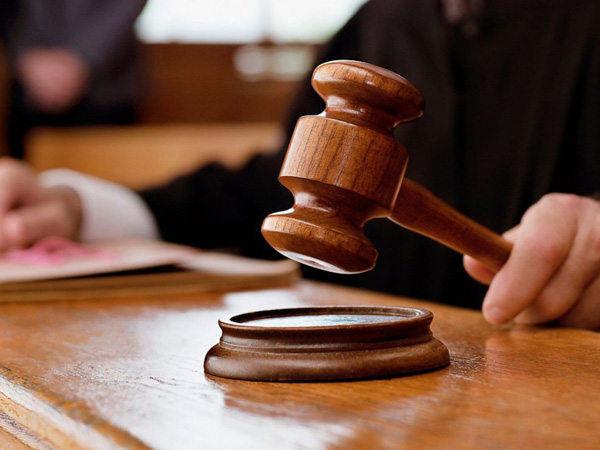New Delhi: A Delhi court on Monday allowed 79 Bangladeshi and 42 Kyrgyzstan nationals to walk free on fine of Rs 5,000 each on the plea bargaining process after they accepted mild charges in connection with a Tablighi Jamaat congregation case.
Metropolitan Magistrate Jitender Pratap Singh asked 79 Bangladeshi, who pleaded guilty, to pay a fine of Rs 5,000. While Metropolitan Magistrate Rohit Gulia, another judge dealing with the Jamaat cases, asked 42 Kyrgyzstan national to pay a fine of Rs 5,000.
Meanwhile, three Bangladeshi and eight Kyrgyzstan nationals claimed trial.
The court also sentenced those who accepted mild charges till the rising of the court — a sentence under which the guilty is detained in a courtroom and made to sit there for hours till the proceedings before a court concludes.
Rising of the court” refers to a sentence for which the guilty is detained in a courtroom and made to sit there for hours till the proceeding concludes.
The foreign nationals from Bangladeshi were represented by advocate Ashima Mandla while Kyrgyzstan nationals were represented by advocate Fahim Khan.
Around 955 foreign nationals were charge-sheeted by the Crime Branch of Delhi Police for participating in the Nizamuddin congregation in March this year, which had become an epicentre of coronavirus spread across the country.
The court had on July 6, said that there was prima facie sufficient material on record to proceed against the accused persons under Section14 (b) Foreigners Act, 1946, under provisions of the Epidemic Diseases Act, the Disaster Management Act, and the Indian Penal Code.
Thereafter, the court had summoned all the accused on different dates who were charge-sheeted in 48 charge sheets and 11 supplementary charge sheets, filed by Crime Branch of Delhi Police. The court has also said that all the accused persons will appear through video conferencing.
In view of the guidelines issued by the Delhi High Court, Delhi Police was also directed to facilitate the joining of the concerned official of the embassy for the purpose of identification of the accused persons and further proceedings. (ANI)





